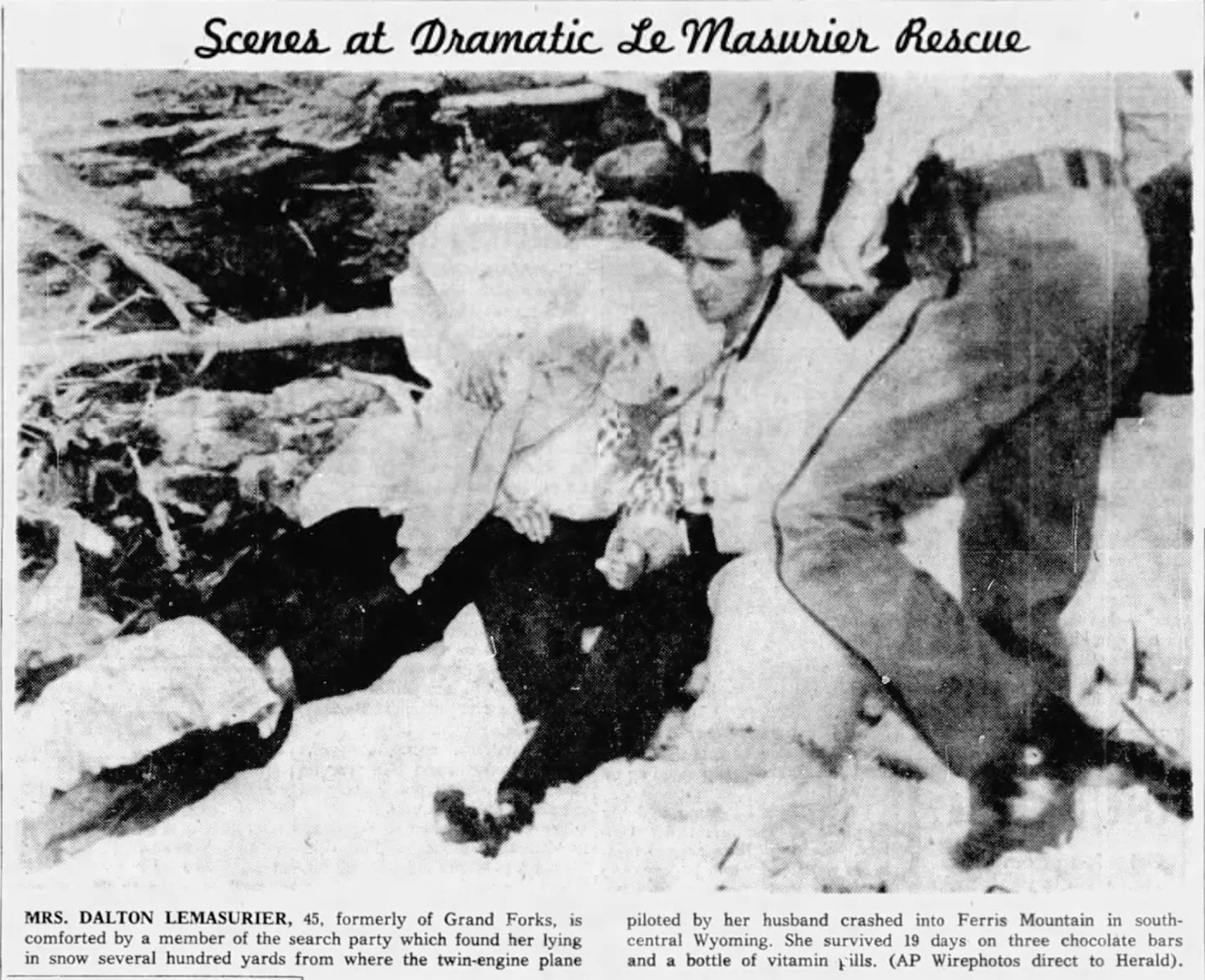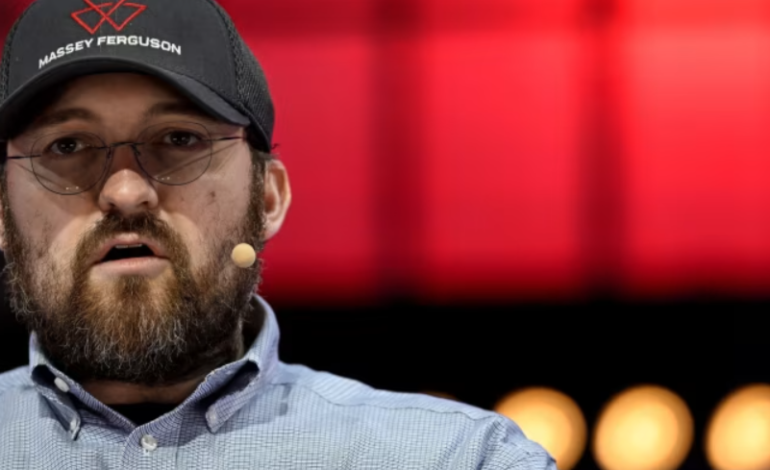Cardano founder calls for jurisdictional shift to prioritize transparency, community-driven governance, and democratic board elections, CoinGape reports.
Charles Hoskinson, the founder of Cardano, has proposed a significant change in the governance structure of the Cardano Foundation (CF). In a recent social media post, Hoskinson suggested relocating the Foundation’s legal base from Switzerland to a more community-friendly jurisdiction, specifically naming Abu Dhabi or Wyoming as potential destinations.
The proposal centers on Hoskinson’s call for a more democratic election process for CF board members, which he claims is limited by Swiss legal frameworks. His stance has ignited debate within the Cardano community, with some supporting the move for greater transparency and others warning of potential complications in execution.
Hoskinson’s comments highlight a growing divide over the Foundation’s current governance model. He argued that Switzerland’s laws restrict the community’s ability to influence key decisions, such as board member appointments.
“The alternative is having people appointed by the Swiss government forever choose their successors and never have any community input in the use of funds, leadership, or oversight,” Hoskinson stated.
To address this, he proposed a shift in jurisdiction to either Abu Dhabi or Wyoming — both locations known for their blockchain-friendly regulatory frameworks. By moving to one of these jurisdictions, Hoskinson believes the Foundation could embrace a more decentralized, community-driven approach in line with the broader ethos of blockchain technology.
Both Abu Dhabi and Wyoming have made headlines for their progressive stances on blockchain and crypto regulation.
- Abu Dhabi: The emirate has been actively promoting itself as a hub for blockchain and Web3 innovation, offering regulatory support and incentives for companies in the sector.
- Wyoming: Known as a US leader in blockchain legislation, Wyoming has passed several laws supporting decentralized autonomous organizations (DAOs) and crypto companies, making it a popular destination for blockchain startups.
Hoskinson’s proposal for these jurisdictions underscores the need for a location that aligns with the decentralized ideals of blockchain technology.
The Cardano Foundation has since responded to the growing calls for reform. In an official post on X (formerly Twitter), CF acknowledged the community’s concerns about transparency and governance.
“Transparency, clarity, and dialogue are important to us,” the Foundation stated.
The Foundation also announced plans to hold open discussions featuring CEO Frederik Gregaard and other key leaders.
This gesture was seen as a positive step, but for Hoskinson, it appears to fall short of the structural change he believes is necessary. Critics of the current system argue that the Swiss model is too rigid, offering little room for community participation in decision-making processes.
Hoskinson’s call for a jurisdictional shift has sparked widespread debate among Cardano supporters and the broader crypto community.
Supporters of the proposal believe it could strengthen Cardano’s reputation as a truly decentralized ecosystem. By giving the community greater influence over governance, Cardano could set a precedent for how blockchain projects are managed.
Critics, however, have raised concerns about the complexities of such a move. Some warn that shifting to a community-led election process could create new governance risks, including election disputes and a lack of continuity in leadership. Implementing a transparent, secure, and fair voting process is a challenge that other blockchain projects have faced.
The governance debate comes on the heels of a recent X account hack affecting the Cardano Foundation, which exposed concerns about the organization’s security measures. Additionally, Hoskinson’s remarks align with frustrations from Cardano community members who have criticized the opaque nature of certain board appointments.
To address these concerns, Hoskinson advocates for a system that allows the community to play a direct role in board elections and oversight. His remarks also echo broader calls for more decentralized governance models in the crypto industry, where centralized control can conflict with blockchain’s core principles.









